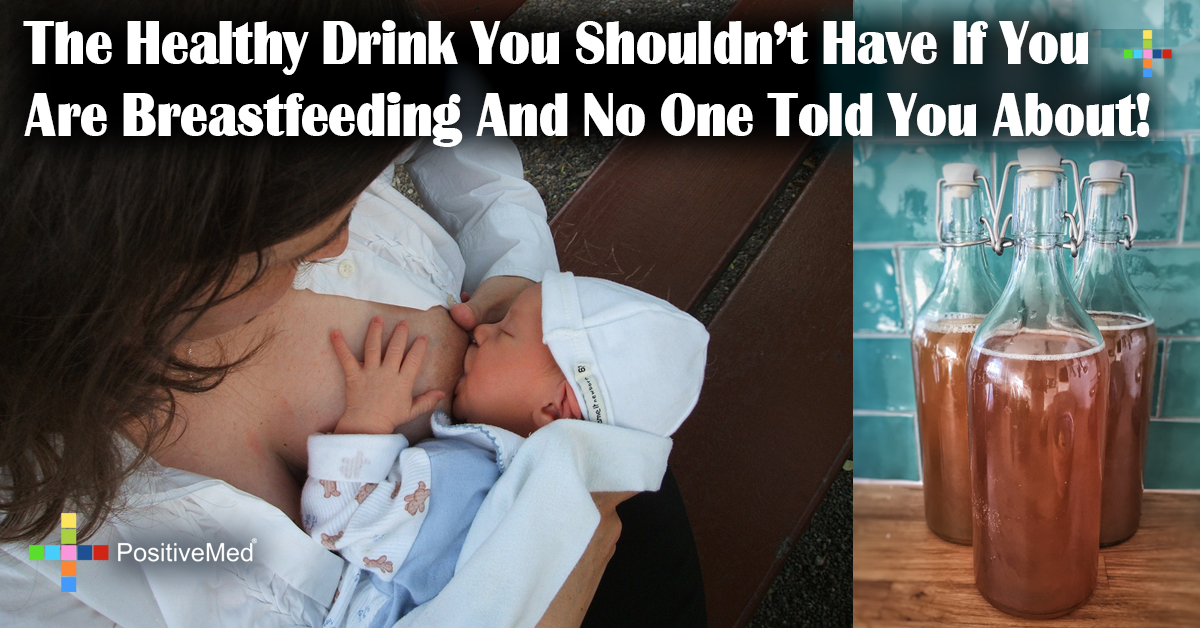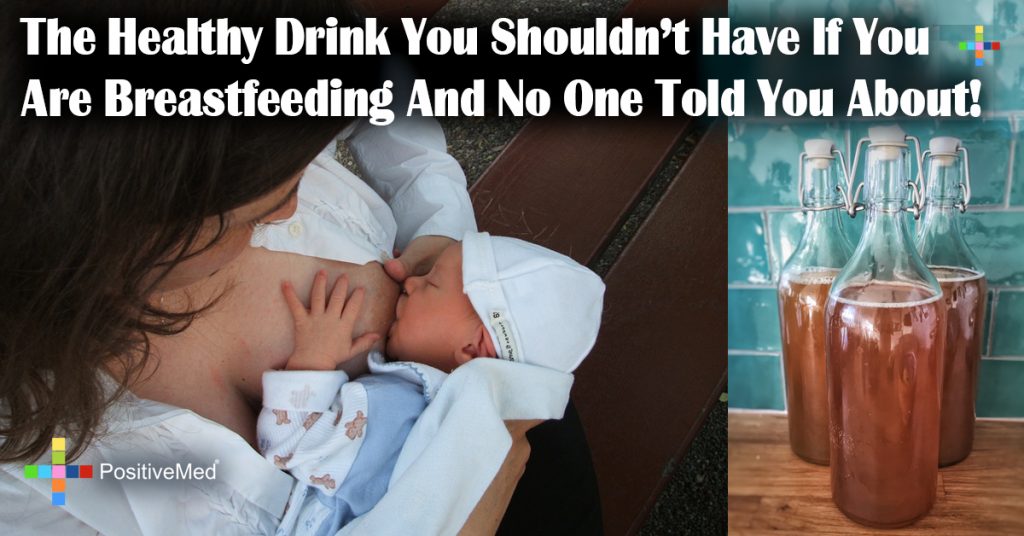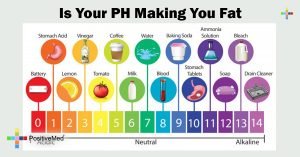
The Healthy Drink You Shouldn’t Have If You Are Breastfeeding And No One Told You About!
[nextpage title=”…”]
Kombucha is a fermented drink made from sweetened tea, and it also contains acetic acid bacteria and yeast cultures. It originated in northeast China centuries ago and receives praise for its unique taste and myriad health benefits. Since kombucha is rich in antioxidants, it strengthens immune defenses and boosts energy. Find out more about its health benefits.
Kombucha contains a powerful antioxidant, D-saccharic acid-1, 4-lactone (DSL), which was discovered during its fermentation process. It has strong antioxidant properties. DSL is specifically known for its cellular detoxification benefits. Scientists believe that DSL and the vitamin C in kombucha are what enable it to protect against cell damage, inflammatory diseases, tumors and immune system depression.
The overall effect kombucha creates moderates the immune system and controls free radicals through its antioxidant properties. In addition, because Kombucha is high in antioxidants it supports the immune system. It also contains anti-inflammatory and anti-microbial properties that help fight various bacterial and viral infections. Even pregnant and nursing women can take advantage of kombucha.
RELATED ARTICLE: The 14 Best Nutrition Tips: How To Not Gain Weight During Pregnancy?
[/nextpage] [nextpage title=”…”]
If you were a regular kombucha drinker before you became pregnant, feel free to continue drinking and reaping the health benefits. And if you nurse your baby, you may still drink kombucha as long as it is not too acidic or too basic. It’s a good idea to use common sense. Just be cautious when you are nursing. Purchase pH testing strips and make sure that the pH levels in the kombucha you’re drinking don’t exceed 2.5.
It’s important to remember that kombucha is a detoxing agent. This means that as long as you keep yourself hydrated the toxins will be released when you go to the bathroom. If you become dehydrated, however, the toxins could come out through your breast milk and be passed on to the baby. Use your best judgement. Whatever you eat or drink passes to your breast milk. While kombucha increases energy levels for you, you have to decide whether you want that for your baby.
Kombucha keeps you regular. While this is helpful for you, it’s obviously not something you want for your baby. So, if you drink kombucha while nursing, watch out for overly loose stools filling your baby’s diapers. There could be a risk of dehydration. Breastfed babies pass stools often, but if they are explosive or too loose, kombucha could be the wrong choice for you.
A few more benefits of kombucha may be delight pregnant women: these include alleviating constipation, indigestion, heartburn and other types of digestive issues. Kombucha helps maintain cellular health, vital for the optimum functions of the body. Studies show that kombucha has protective effects against cytotoxicity and reduces cellular toxins. Only you know what’s best for you and your unborn child. Be sure to practice common sense and do your research.
[/nextpage]






